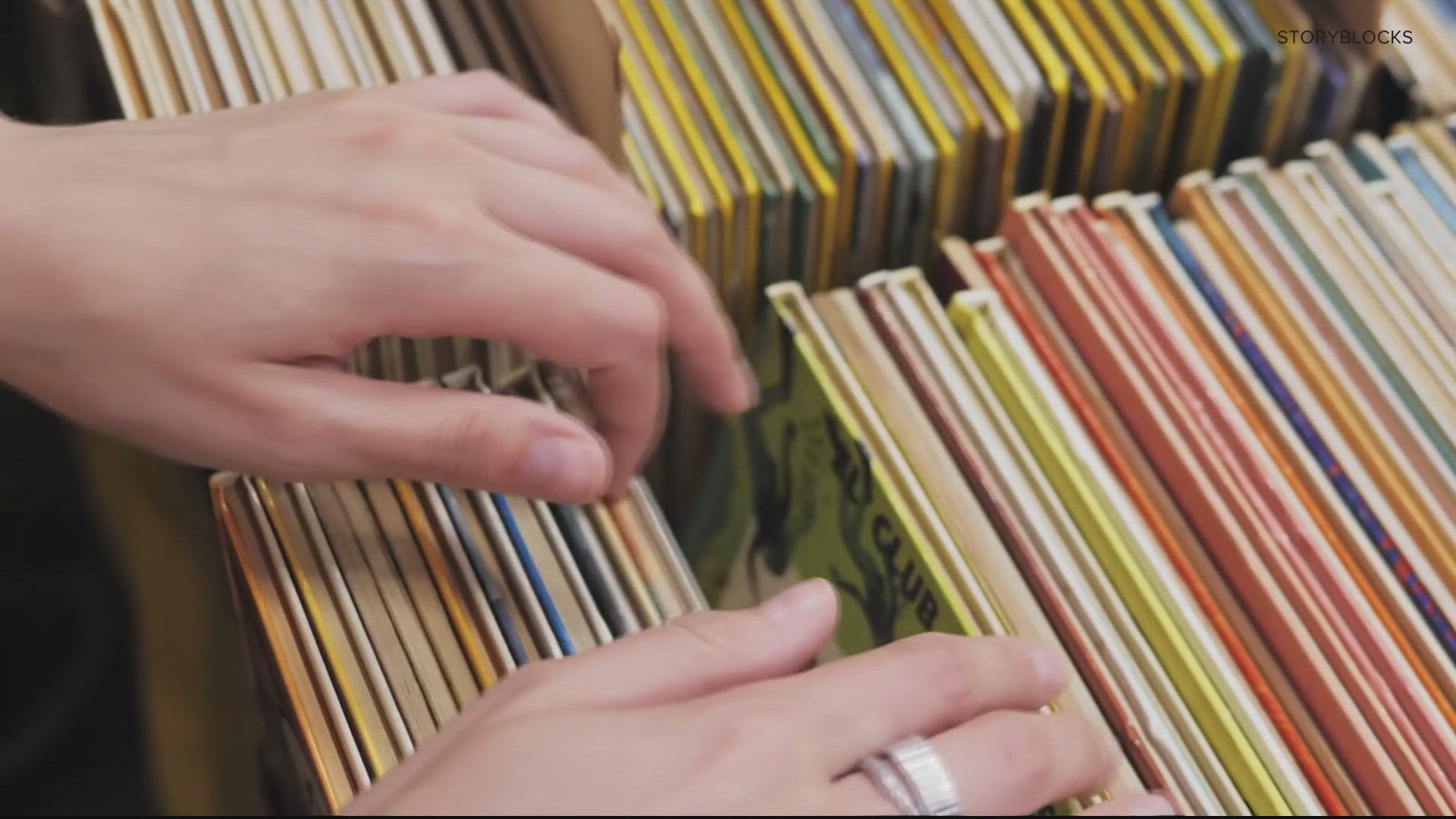WASHINGTON — The Scholastic Book Fair has been a highlight of the grade school experience for generations of children, but some books about unique families, civil rights icons, and identity affirmation might not be so easy to find at your next local fair. That has some on social media angry at the company.
QUESTION:
Did Scholastic take all the books with diverse stories off the shelves?
SOURCES:
THE ANSWER:
No, but some story types have been placed in an optional collection to reflect changing political and legal pressures in various school environments.
WHAT WE FOUND:
Planning an elementary school Book Fair starts with a Scholastic rep sharing the catalog of books—a sort of “baseline” selection, then other cases you can choose to add on. These include holiday-centric or science-focused books, or the new “Share Every Story, Celebrate Every Voice” collection that’s at the heart of all of this.
We checked the book list: while characters of color, from various backgrounds, and touting self-confidence can be found in the broader selection, books dealing most directly with topics of race and the queer experience are placed in this optional collection.
It includes books like “Because of You, John Lewis,” by Andrea Davis Pickney; “Change Sings,” by Amanda Gorman; “Refugee” by Alan Graz; “Red: A Crayon’s Story,” by Michael Hall, “The Secret Battle of Evan Pao,” by Wendy Wan-Long Shang, and “You Are Enough,” by Margaret O’Hair and Sofia Sanchez.
In the face of the controversy, Scholastic says this collection is actually a way to try to keep these books accessible whenever possible—as vocal groups in school districts and several states push rules and laws banning books with topics they don’t like. Around the country, Scholastic Book Fair organizers have been forced to cancel their events due to public pressure from community members objecting to one or more of the selections available.
The American Library Association says this year is on pace to have the highest number of attempts to censor library materials since they began tracking these statistics twenty years ago. Most challenges are to books “written by or about a person of color or a member of the LGBTQIA+ community.”
In a statement, Scholastic said in part: “Because Scholastic Book Fairs are invited into schools, where books can be purchased by kids on their own, these laws create an almost impossible dilemma: back away from these titles or risk making teachers, librarians, and volunteers vulnerable to being fired, sued, or prosecuted.” The statement goes on to say, "We don’t pretend this solution is perfect – but the other option would be to not offer these books at all – which is not something we’d consider."
The changes are for elementary school and younger---middle school book programs remain unchanged.

